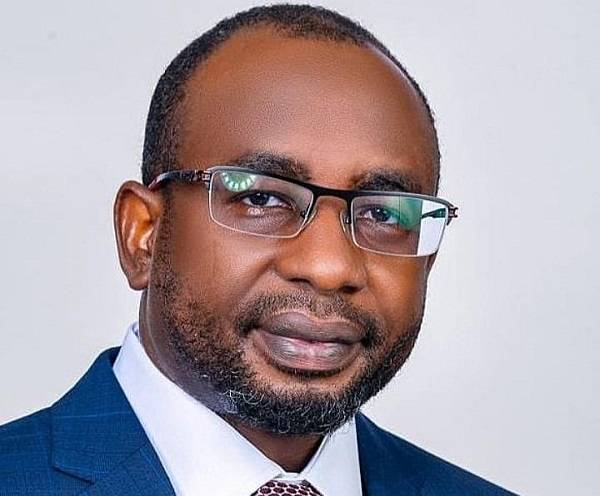
The director-general of the National Information Technology Development Agency (NITDA), Mallam Kashifu Abdullahi has reiterated the critical role of innovation in driving Nigeria’s sustainable development, economic diversification and global competitiveness.
Abdullahi made this remark while delivering a keynote address at the 8th Annual Research Fair and Exhibition of Nasarawa State University, Keffi (NSUK), where he urged the academia, industry leaders and policymakers to embrace disruptive transformational innovation as a tool for addressing the nation’s challenges and unlocking its immense potential.
Speaking on the theme, “Disruptive Transformational Innovation: Shaping the Future,” Abdullahi commended NSUK for organising an event that aligns with Nigeria’s pursuit of growth through knowledge-driven solutions. Abdullahi, who was represented by the deputy director of the e-government and digital economy development department, Engr. Ya’u Garba lauded the university’s increasing focus on transformation, noting that such initiatives reflect an understanding of the need for impactful innovations to address real-world issues.
Abdullahi emphasised that while inventions remain a cornerstone of academic inquiry, their significance lies in their ability to move beyond theoretical exploration and become practical innovations. He explained that these innovations have the potential to reshape industries, tackle societal challenges and accelerate national progress.
He urged institutions to prioritise creativity and bold thinking, ensuring that research outputs translate into tangible benefits for society.
Explaining the concept of disruptive transformational innovation, Abdullahi described it as a profound force capable of altering established systems, processes and products in ways that redefine societal functions. Unlike incremental innovations, which improve existing frameworks, disruptive innovations introduce entirely new paradigms to address challenges in groundbreaking ways.
He cited historical examples such as the printing press, the steam engine and electricity, which significantly transformed human existence and laid the foundation for modern development.
Abdullahi pointed out that Nigeria’s abundant human and natural resources present a unique opportunity to harness innovation for sustainable development. He called for a collaborative approach involving academia, industries and government to create an environment that nurtures creativity, supports bold investments, and encourages inclusive growth. He stressed that such an ecosystem is vital for fostering homegrown innovations that can propel Nigeria to the forefront of global technological and economic advancements.
He further highlighted NITDA’s commitment to fostering innovation through various initiatives, including the National Adopted Village for Smart Agriculture (NAVSA) to digitally transform the agricultural sector, the National Blockchain Adoption Strategy to enhance digital trust and transparency, and the National Artificial Intelligence Strategy aimed at building a robust AI ecosystem in the country. These are part of the Federal Government’s broader strategy to position Nigeria as a leader in the global knowledge economy.
Abdullahi also urged NSUK to deepen its commitment to innovation by establishing hubs to support facility-led startups, fostering collaborations with industry stakeholders and equipping students with essential technological skills. He noted that such efforts would empower the university community and significantly contribute to national development.
The NITDA boss expressed confidence in Nigeria’s ability to not only adopt global innovations but also create groundbreaking solutions that could influence the trajectory of Africa and the world.
He called on all stakeholders in the country to embrace the transformative power of innovation to drive sustainable development, economic diversification and global relevance.


